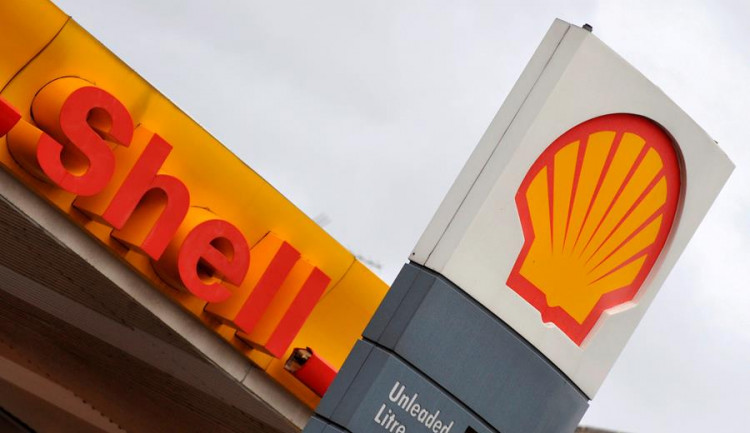In a decision closely watched by global energy and environmental sectors, a Dutch appeals court on Tuesday overturned a 2021 ruling that mandated oil giant Shell to cut its carbon emissions by 45% by 2030, compared to 2019 levels. The court's decision, announced as global leaders convened for the COP29 climate summit in Azerbaijan, effectively nullifies the precedent-setting judgment, underscoring the challenges of enforcing corporate accountability in combating climate change.
The original ruling, celebrated as a landmark victory by environmentalists, was seen as a significant step toward aligning corporate policies with the goals of the 2015 Paris Agreement, which aims to limit global temperature increases to 1.5 to 2 degrees Celsius. Shell had been ordered to reduce emissions across its entire value chain, including those from products it sells, known as Scope 3 emissions. This sweeping directive marked the first time a company was legally bound to meet such extensive climate goals.
The appeals court's reversal, however, declared that while Shell bears a duty of care to limit emissions, there was insufficient scientific consensus on mandating a specific reduction percentage for an individual corporation. "There is currently insufficient consensus in climate science on a specific reduction percentage to which an individual company like Shell should adhere," the court stated.
Environmental campaign group Milieudefensie, the Dutch branch of Friends of the Earth, had brought the case against Shell alongside six other organizations and more than 17,000 Dutch citizens. The group expressed profound disappointment at the court's decision. "This hurts," said Milieudefensie Director Donald Pols. "At the same time, we see that this case has ensured that major polluters are not immune and has further stimulated the debate about their responsibility in combating dangerous climate change."
Pols, along with other climate activists, emphasized their intent to continue the legal fight. "It is a marathon, not a sprint, and the race has just begun," he added.
Shell, which has since relocated its headquarters from The Hague to the U.K., welcomed the court's decision. Wael Sawan, Chief Executive Officer of Shell plc, stated, "We are pleased with the court's decision, which we believe is the right one for the global energy transition, the Netherlands, and our company. Our target to become a net-zero emissions energy business by 2050 remains at the heart of Shell's strategy and is transforming our business."
Legal experts noted that while the ruling might seem like a setback for climate campaigners, it underscores the complexity of holding multinational corporations accountable for climate goals. "The judgment will be a disappointment for climate campaigners who have celebrated a number of high-profile climate successes in the courts in the past few years," said Tom Cummins, a partner at global law firm Ashurst. However, he also highlighted that the court reaffirmed Shell's responsibility to mitigate its carbon footprint, signaling that companies are not entirely absolved of their role in combating climate change.
The court further reasoned that imposing strict emissions reductions on Shell's downstream activities could be "ineffective" because other companies could fill the void left by any reduction in Shell's trading activities. This nuanced interpretation illustrates the challenges of regulating global supply chains in a way that produces meaningful climate outcomes.
The decision comes at a time when climate litigation is gaining traction worldwide. Just earlier this year, a U.N. tribunal ruled that nations must act to mitigate greenhouse gas emissions to meet international legal standards, and Europe's top human rights court emphasized the need for stronger protections against climate change.
Despite the legal setback, Pols maintained a hopeful stance, stating, "The court's finding that Shell and other companies have a responsibility to limit emissions in line with climate targets is significant. This obligation will likely be used in future cases around the world."






